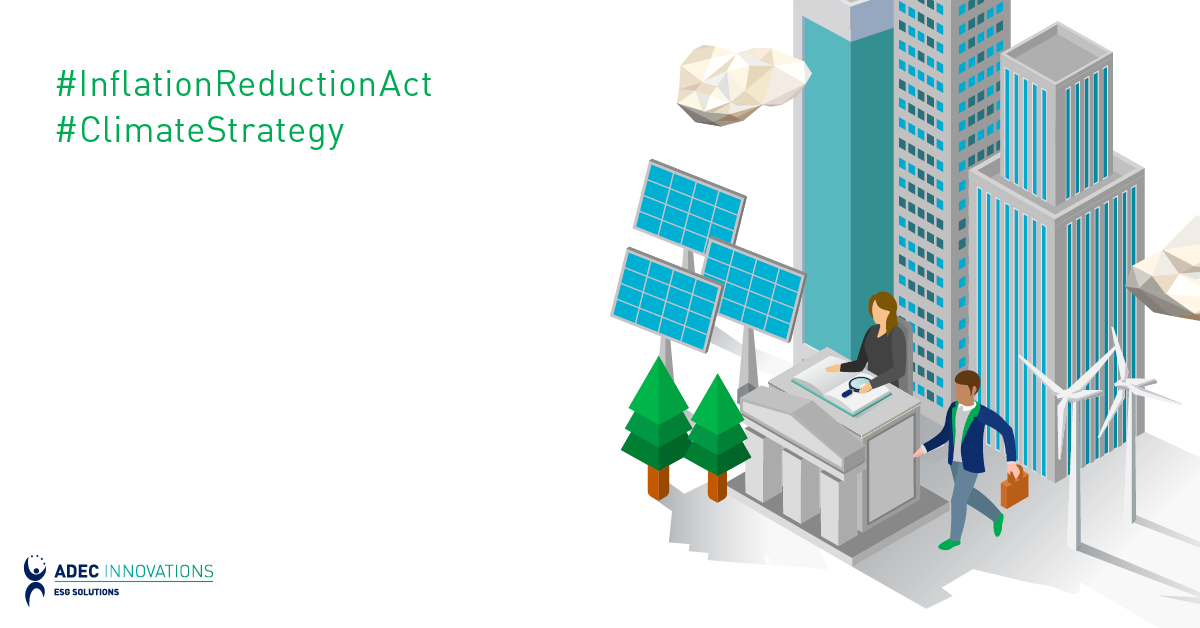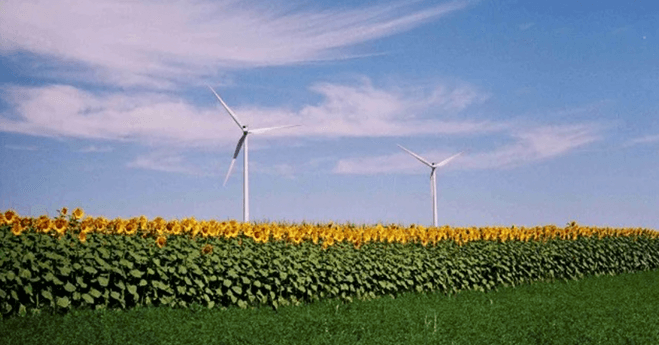Lessons from ESPCs
Energy efficiency is one of the cheapest and most cost-effective means of reducing environmental impacts. Not only does it help ease the strain of limited power supply, but it also helps reduce greenhouse gas levels. Additionally, energy efficiency projects create a win-win situation by bringing their implementers cost savings and return on investments (ROI).
Recently, President Barack Obama delivered a speech at Georgetown University where he emphasized the importance of energy efficiency in federal buildings. During the speech, he set an ambitious target of decreasing energy (used per square feet) by 30% from 2003 levels by 2015. This prompted an increase in the number of federal agencies filing ESPCs.
Energy Savings Performance Contracts (ESPCs) stipulate agreements between federal agencies and their selected ESCO or energy service company. ESCOs are responsible for helping federal agencies plan their energy efficiency projects, which may include facility improvements and guidelines for energy efficiency practices. ESPCs allow federal agencies to immediately carry out their energy efficiency programs without being restrained by their budget or having to wait for Congress-approved appropriations.
Businesses, residences and other organizations can also experience the benefits of energy efficiency by taking their cues from federal agencies’ engagement in ESPCs.
1. Scrupulously select your own “ESCO”
The key to a successful energy efficiency project is selecting a highly qualified partner. In the same way that federal agencies have “ESCOs”, businesses and other organizations can freely select their own environmental solutions provider. This ensures that businesses and organizations establish a partnership with a provider that will help them initiate their own energy efficiency projects; one which best suits their needs and capabilities. More importantly, one of the main provisions of ESPCs is that it allows the outsourcing of energy management services to highly capable technical experts. Not only is it tedious to manage energy efficiency efforts in-house, but entrusting such projects to qualified experts also guarantees that they are carried out effectively and efficiently.
2. Implement energy efficiency projects that “pay for themselves”
With the help of an ESPC, the US Food and Drug Administration (FDA) White Oak Campus in Maryland, installed an energy efficiency system which cost $71 million. Energy costs have been reduced by $5.8 million annually since the system was installed. Additionally, the campus has saved $6.5 million on operations and maintenance costs yearly. This means that the FDA White Oak Campus can expect a complete ROI in just a little over five years. Moreover, as the system continues to operate beyond those five years, the FDA White Oak campus can expect to accrue savings which they can appropriate for other projects.
This success story proves that it is possible for companies and organizations to swiftly reap their ROI plus savings from energy efficiency projects.
3. Make energy efficiency your springboard for other sustainability projects
Despite its name, ESPC projects are not limited to energy efficiency. The Harold Washington Social Security Administration Center in Chicago has installed chilled water system, HVAC improvements, low-flow fixtures and waterless urinals. Aside from saving 4 million kWh of energy annually, these improvements also helped save up to 2 million gallons of water every year.
Other organizations or companies can benefit from going beyond energy efficiency by including water pumping reduction schemes, temperature regulation improvements, and green energy source additions to their energy efficiency projects similar to the way that some ESPCs currently do.
ADEC ESG provides high-quality consultations which help businesses from various industries plan their energy efficiency measures through its Energy Management Program. To request a consultation, contact our team today.




